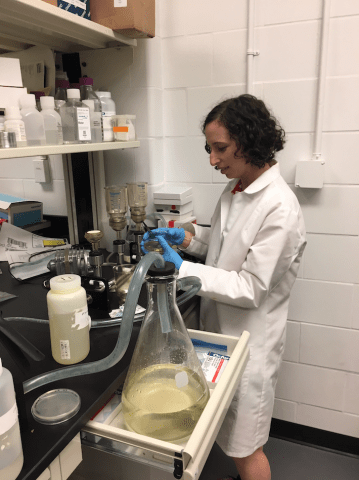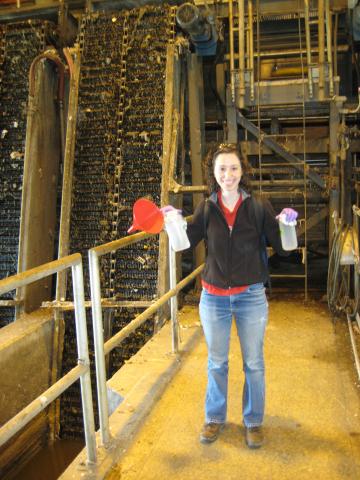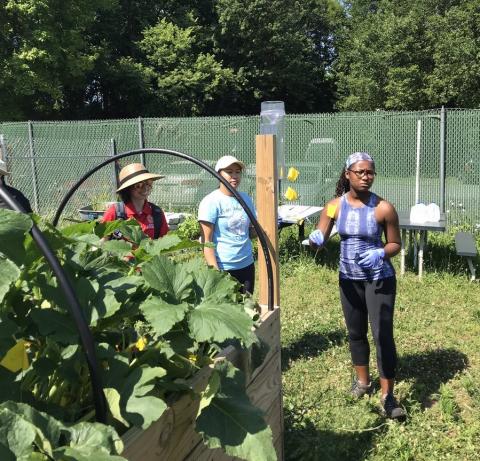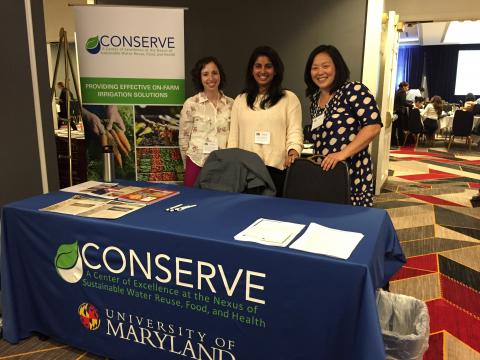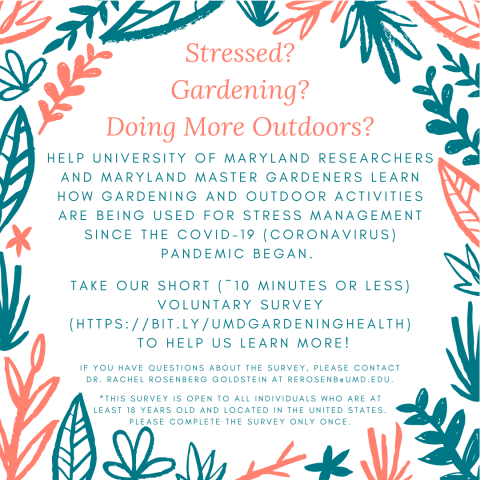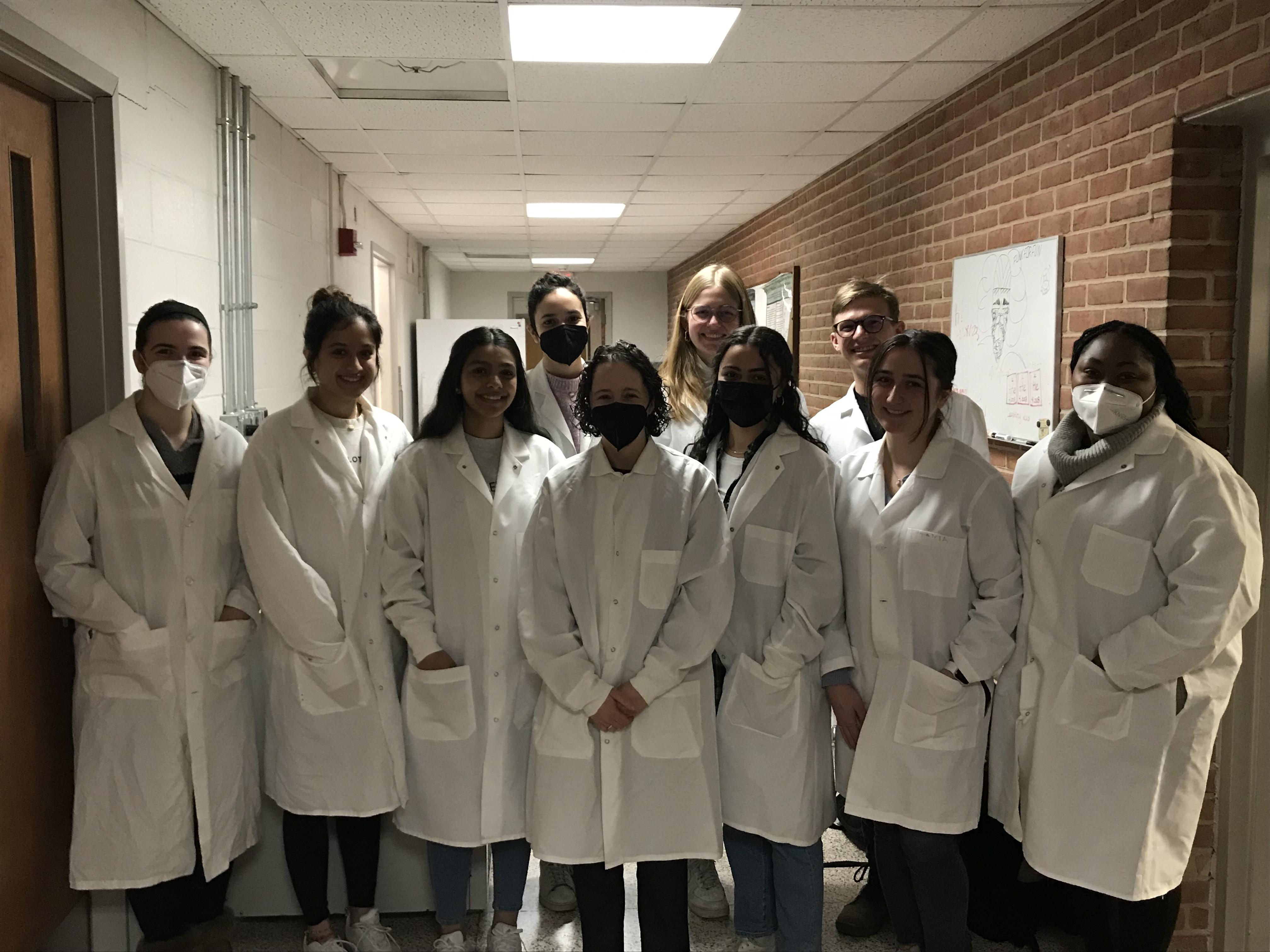
The WOW lab conducts interdisciplinary research around water - analyzing microbial water quality, the most effective ways to communicate about water quality, and the perceptions and behaviors related to water use. In addition, the WOW lab is exploring the beneficial impacts of urban agriculture and gardening on health and wellness.
Department: Global, Environmental, and Occupational Health (GEOH)
Room Number: 2234
Director: Rachel Rosenberg Goldstein
Office Phone Number: (301) 314-1588
Email: rerosenb@umd.edu
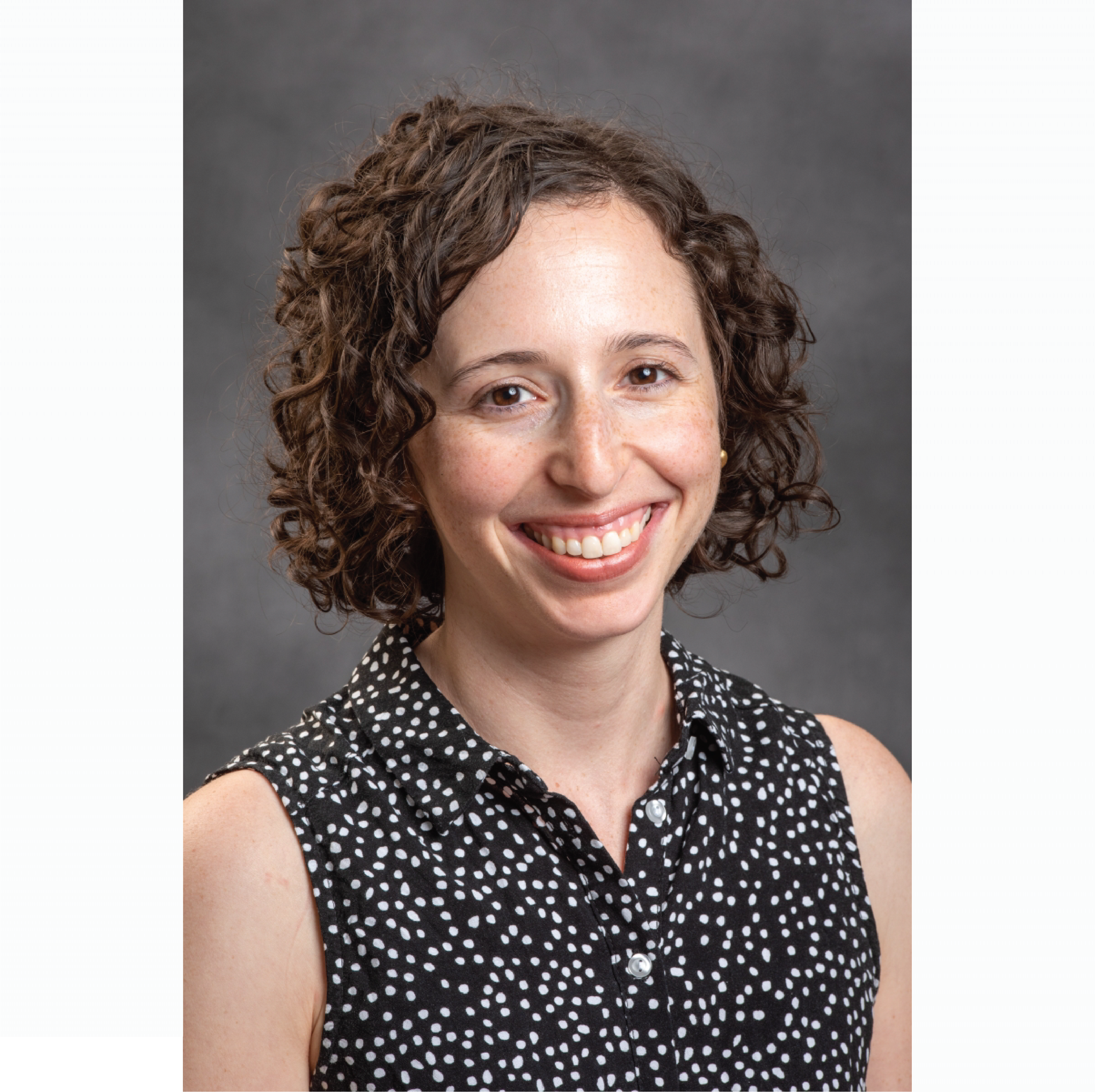
Dr. Rachel Goldstein is the director of the Water Quality, Outreach and Wellness (WOW) Lab. Her research focuses on the microbiological quality of recycled water (specifically reclaimed wastewater and roof-harvested rainwater) and the produce and soil it irrigates, the mental health benefits associated with gardening and being outdoors, and how to best communicate issues related to water reuse. She is a project co-director for CONSERVE: A Center of Excellence at the Nexus of Sustainable Water Use, Food & Health and an Assistant Professor in the University of Maryland's Department of Global, Environmental, and Occupational Health (formerly the Maryland Institute for Applied Environmental Health) where she teaches several graduate-level courses in addition to mentoring undergraduate research students. Dr. Goldstein received her PhD in Toxicology and Environmental Health and MPH in Environmental Health Sciences from the University of Maryland after completing her B.A. in Environmental Studies from the University of North Carolina-Chapel Hill.
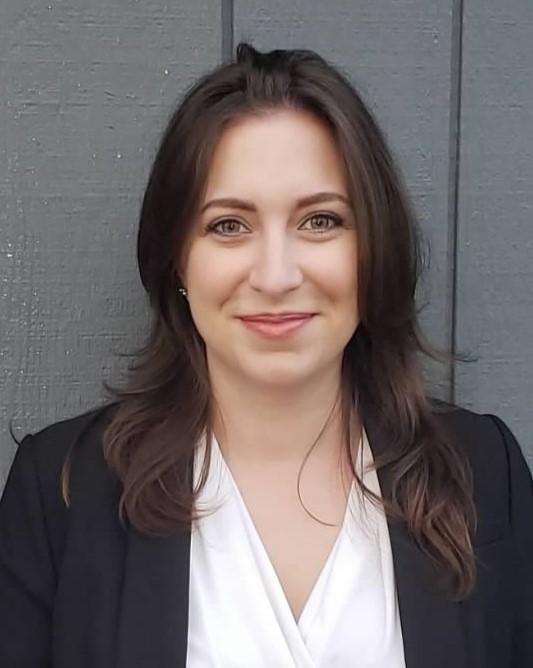
Dr. Brienna Anderson-Coughlin is a postdoctoral associate in the University of Maryland, School of Public Health, Department of Global, Environmental, and Occupational Health (GEOH) where she focuses her research on the microbial communities of the natural and built environments. Dr. Anderson-Coughlin earned her BS in Food Science and PhD in Animal and Food Sciences at the University of Delaware where her initial research focused on microbial water quality and transitioned to wastewater-based epidemiology during the COVID-19 pandemic.

Emily (Emmie) Healey Woerner is a doctoral canidate in the Environmental Health Sciences program at the University of Maryland School of Public Health, Department of Global, Environmental, and Occupational Health (GEOH). She received her BS in Environmental Science and her BA in Studio Art from the University of Maryland, College Park. She earned her master’s degree in Marine Biosciences from the University of Delaware. Emmie is interested in the microbial communities growing in reclaimed water and on irrigated food.
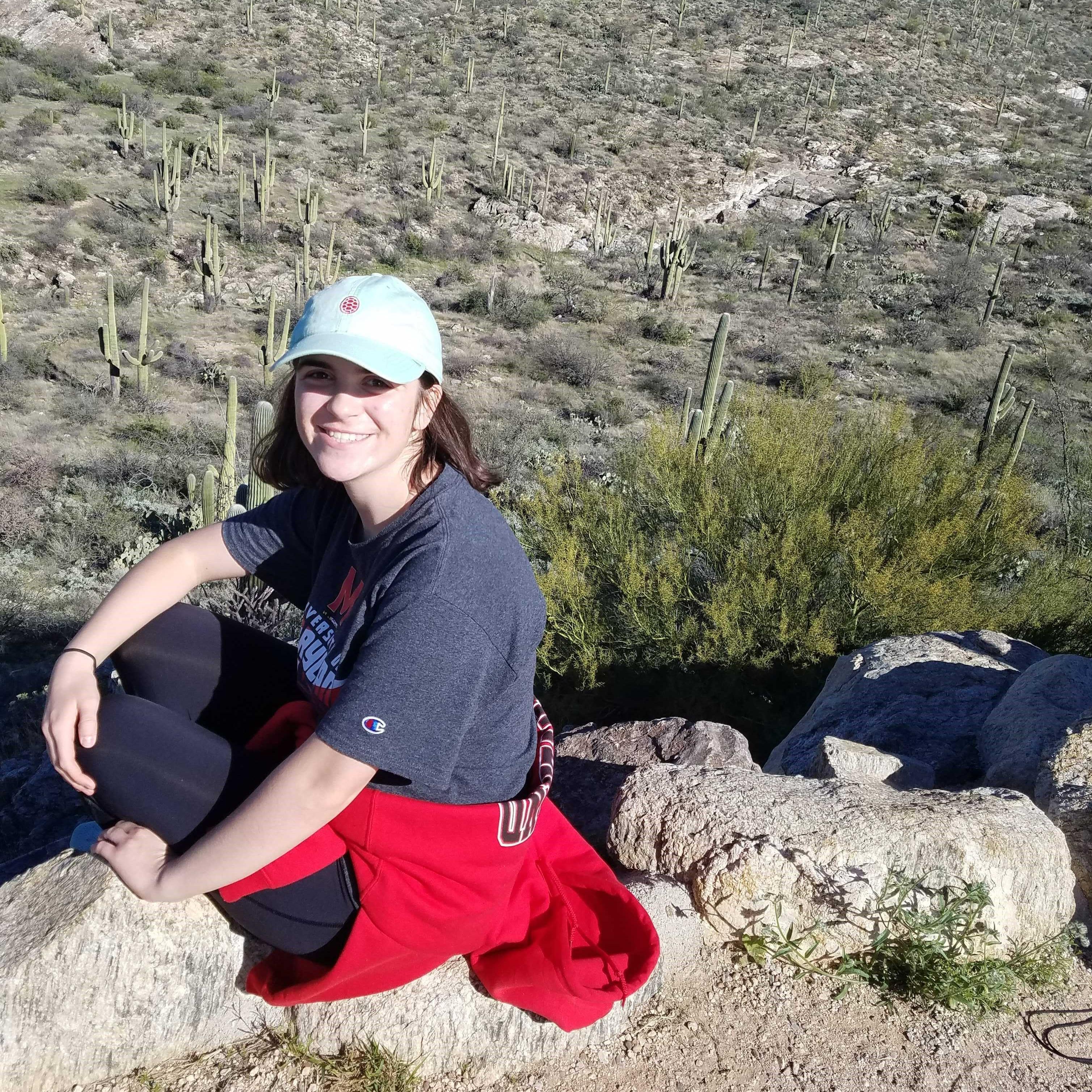
Cameron Smith is a second year doctoral student in the Environmental Health Sciences program in the Department of Global, Environmental, and Occupational Health at the University of Maryland School of Public Health. She received her MS in Environmental Health Science and BS in Environmental Science and Technology: Ecosystem Health and certificate in Sustainable Agriculture from the University of Maryland. Her research interests relate to agriculture, one health, water quality and access to clean drinking water, and contaminants found in drinking water that pose human health concern.
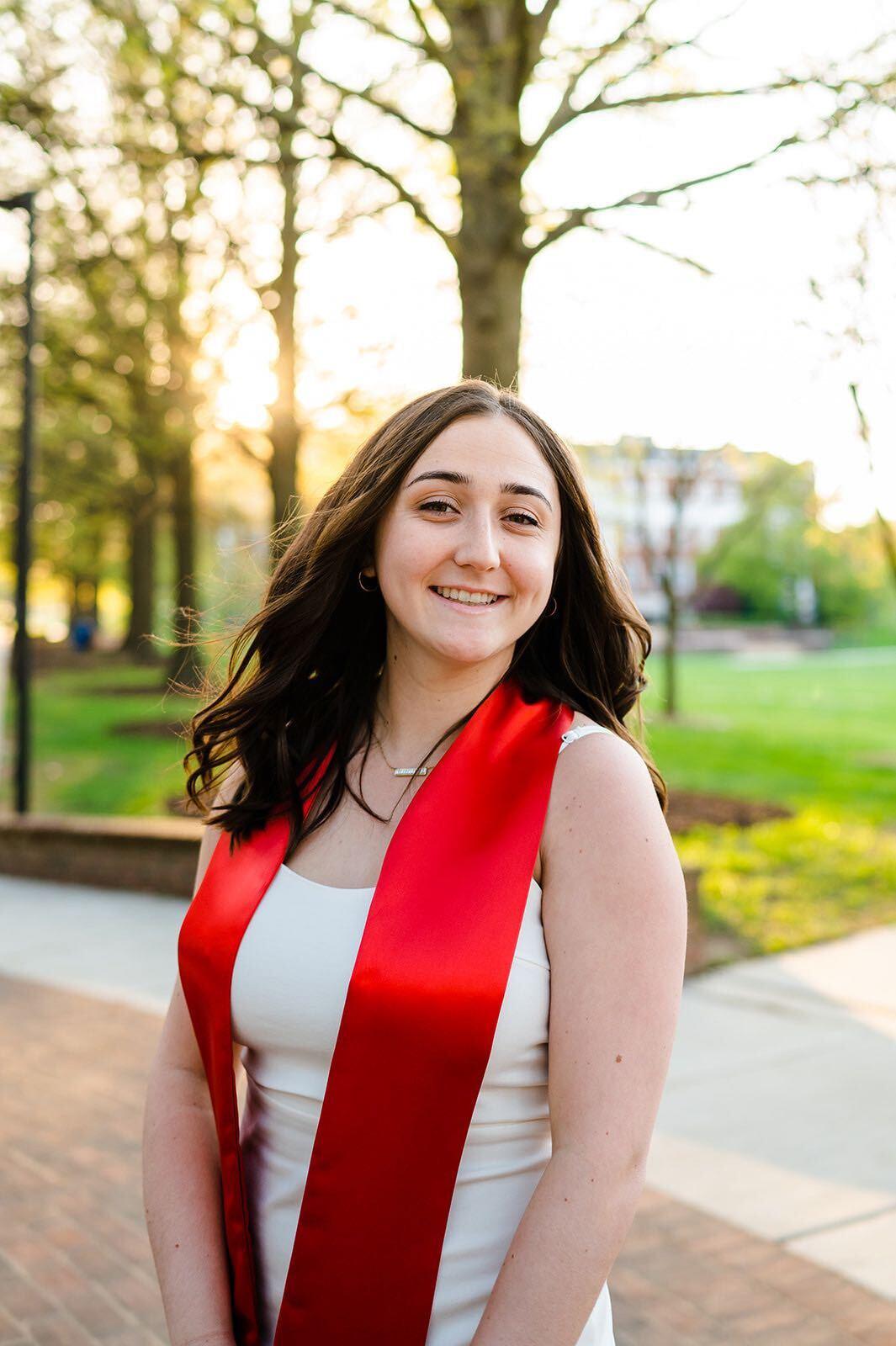
Claire Barlow is a first year doctoral student in the Environmental Health Sciences program at the University of Maryland School of Public Health, Department of Global, Environmental, and Occupational Health (GEOH). She received her Master of Public Health in Epidemiology and BS in Public Health Science from the University of Maryland. Her research interests include infectious disease, environmental epidemiology, and antibiotic resistance.
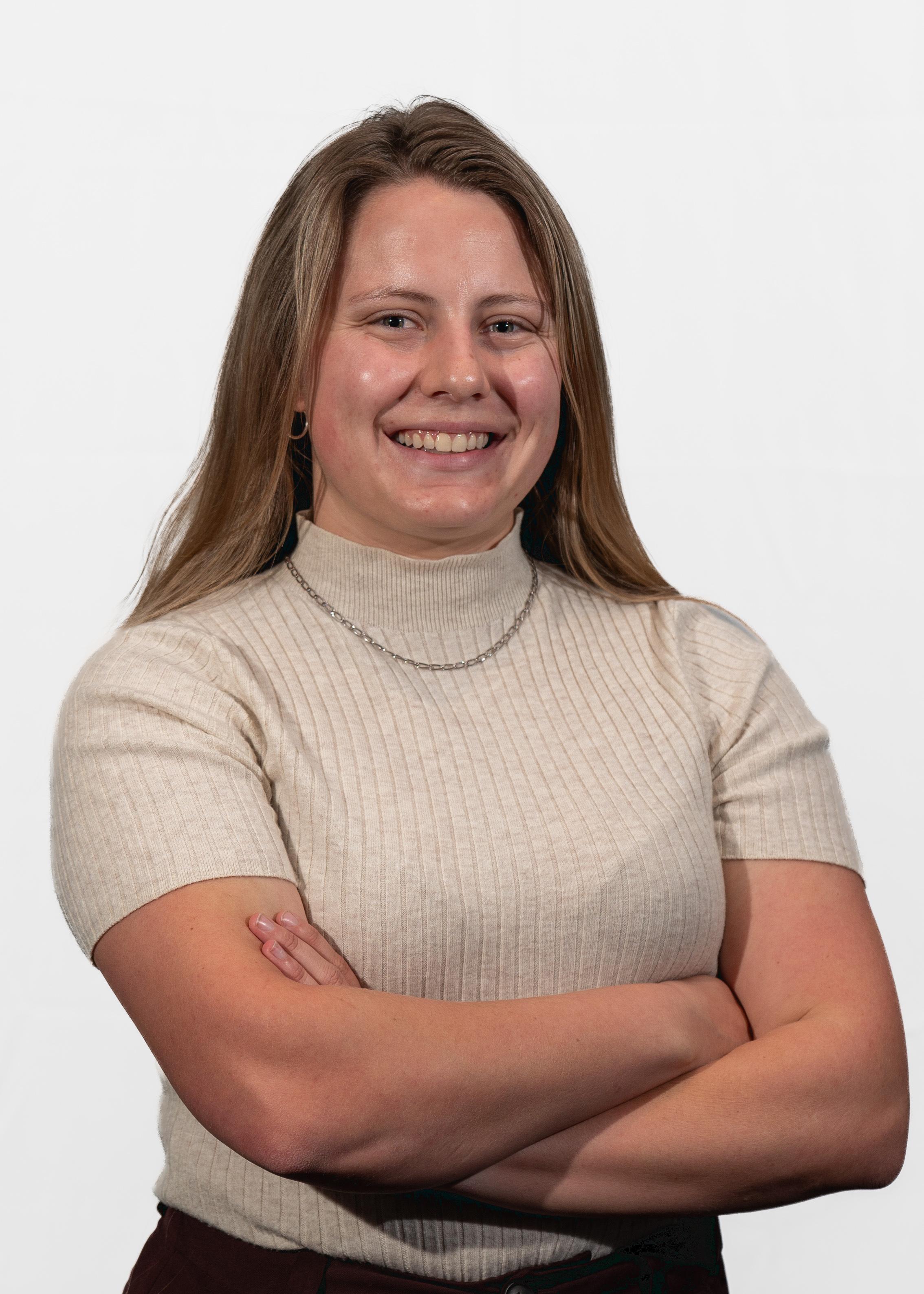
Kathryn Dixon is a second year doctoral Student in the Environmental Health Sciences program at the University of Maryland School of Public Health, Department of Global, Environmental, and Occupational Health (GEOH). She graduated with a Master of Science (ScM) degree in Environmental Health from the JHU Bloomberg School of Public Health and completed certificate programs in Risk Sciences and Public Policy, Environmental and Occupational Health, and Climate and Health. She earned a BA in Environmental Biology and a minor in Chemistry from McDaniel College. Her research interests include water quality, risk communication, and community engagement, with an emphasis on translating findings into evidence-based policy initiatives
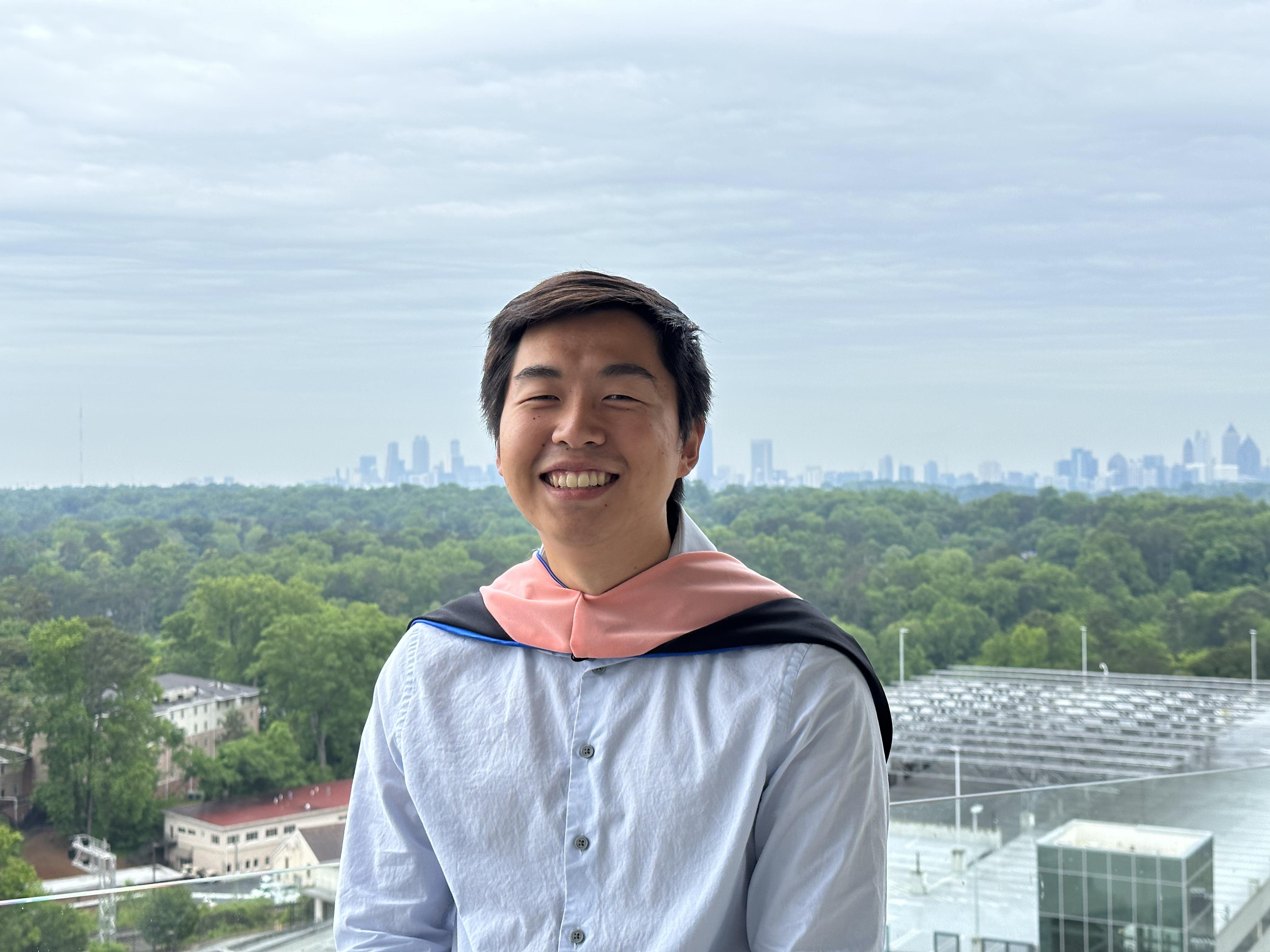
Nick An is a first year doctoral student in the Environmental Health Sciences Program in the Department of Global, Occupational, and Environmental Health (GEOH) at University of Maryland. Previously, he worked as the project manager for the Water Emergency Team (WET). He received his BS in Environmental Sciences and BS in Anthropology from Emory University. He also earned his MPH in Environmental Health at Emory University where his research focus was on identifying flea vector blood sources in Madagascar. His current research interests include geospatial analysis, antimicrobial resistance, infectious diseases, and risk communication
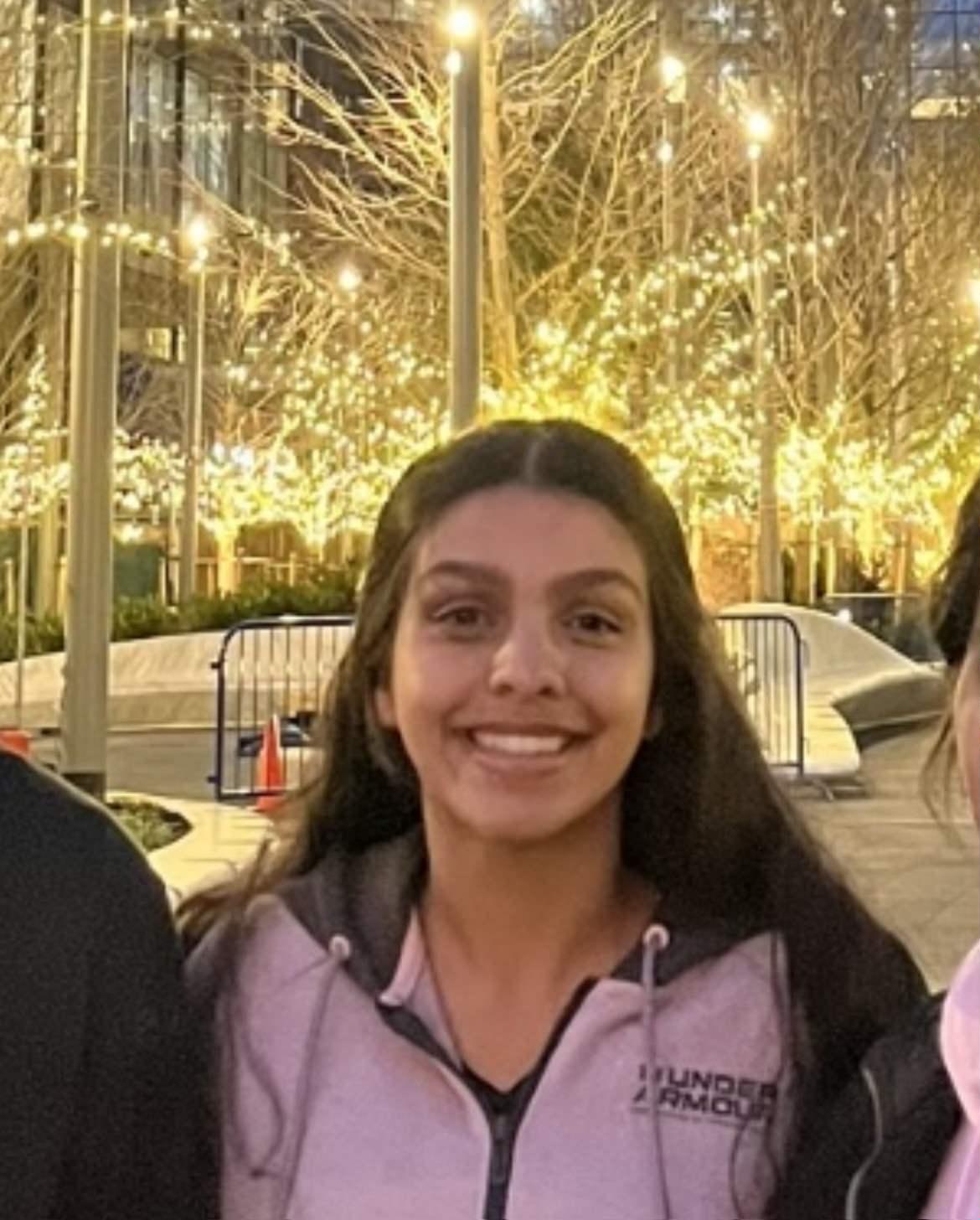
Riya Raikar is a a junior General Biology major on the pre med track. Riya is a part of the Life Sciences Scholars program at the University of Maryland and hopes to learn more about environmental science by working in the WOW lab.
Alex Choiniere is a first year Masters student in the Environmental Health Sciences program at the University of Maryland School of Public Health, Department of Global, Environmental, and Occupational Health (GEOH). He received his Bachelors degree at the University of Maryland in Music Performance. His research interests include water-borne pathogens, antibiotic resistance, and public health initiatives in developing countries.
Former WOW Lab Members
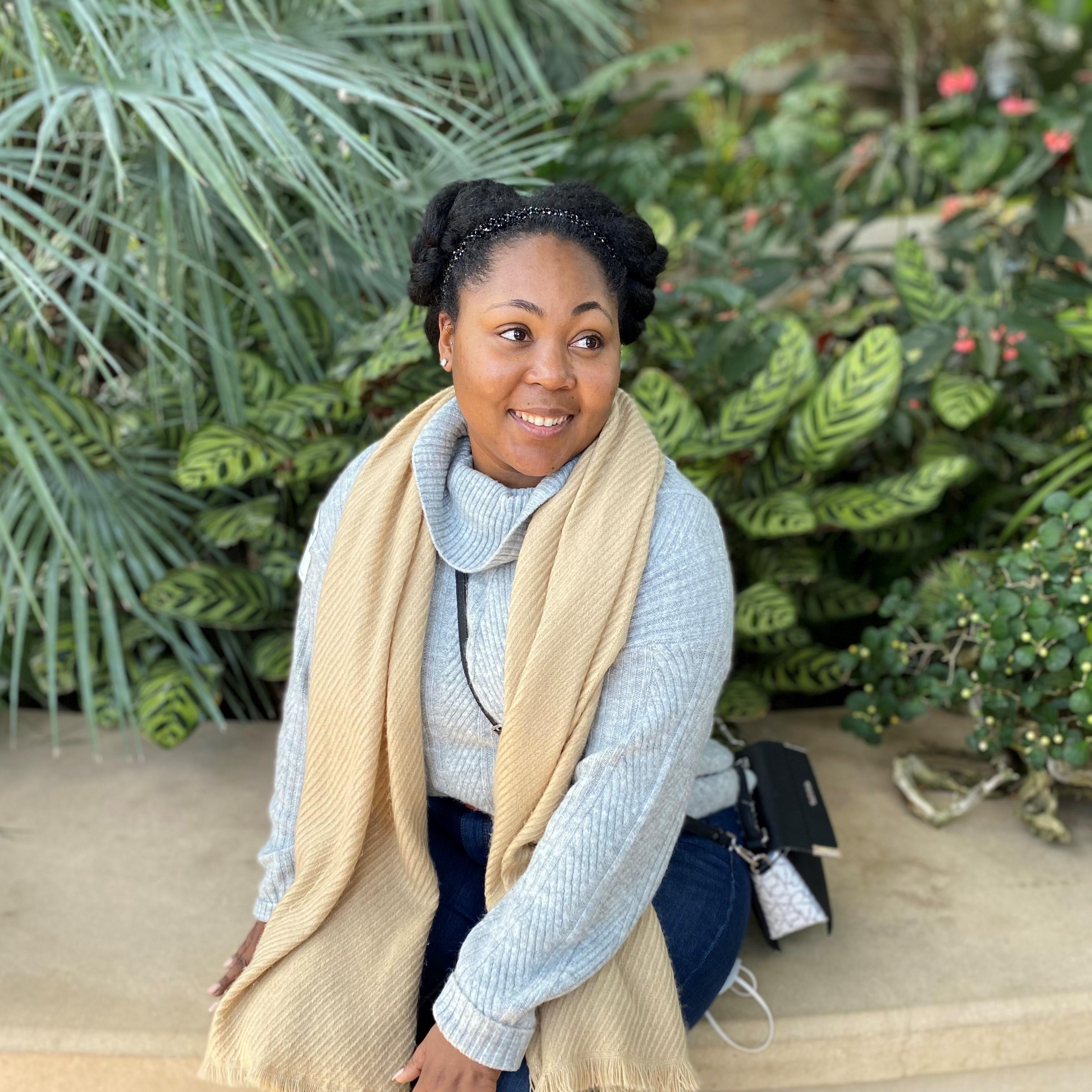
Taeilorae Levell-Young
A proud MPH, Environmental Health Sciences Graduate Student in the Department of Global, Environmental, and Occupational Health. Taeilorae has a specific interest in: lead, water, and agriculture globally. Recently chosen as one of the School of Public Health Ambassadors for the 2022-2023 school year. Is proud to be a Howard University Alum and for fun: Teaches Aquaerobics for Eppley Rec Center, dances, hikes, camps, fishes, and is a Resin Wall Art Artist.
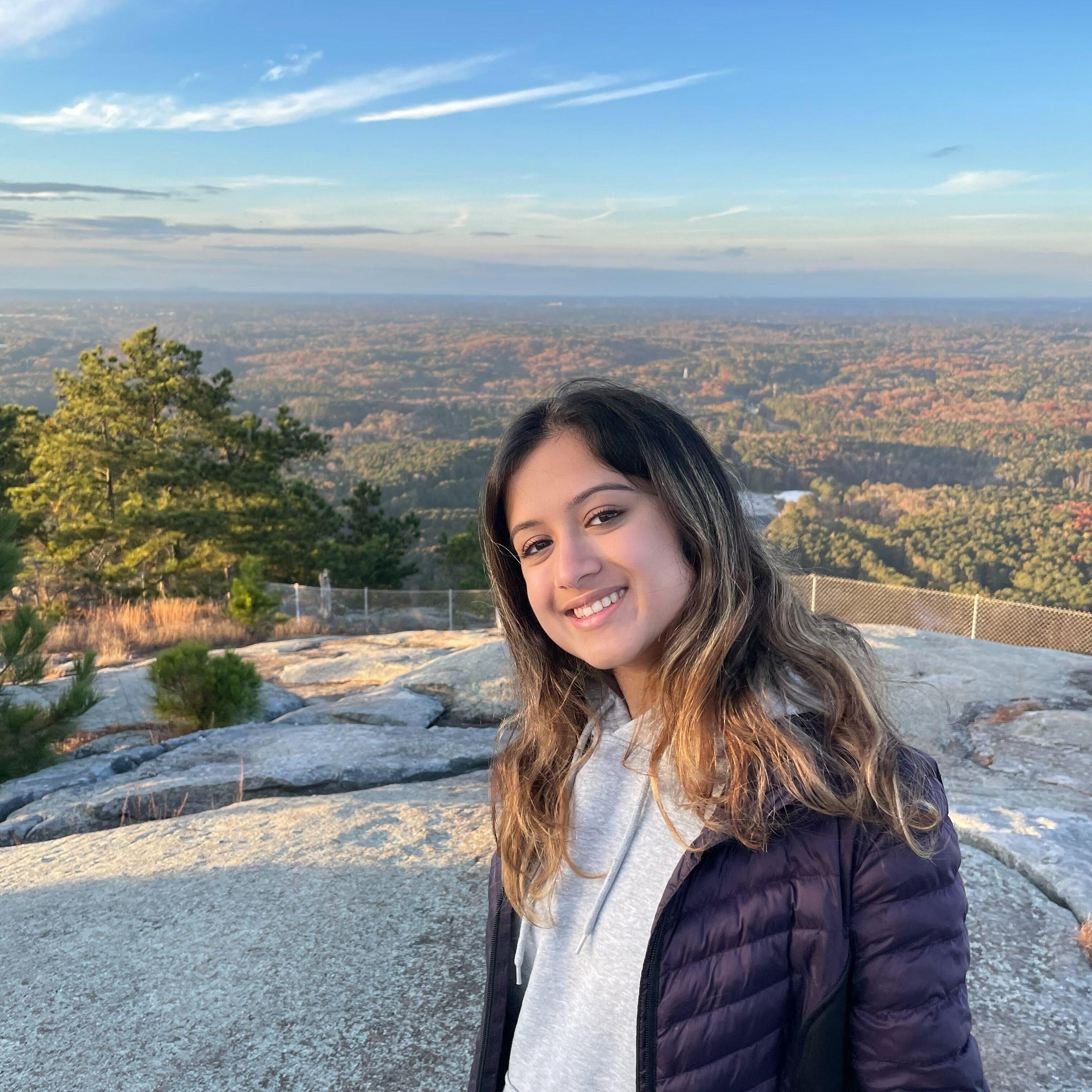
Esha Saxena is a junior Neuroscience major on the pre-med track. Working in the WOW lab has allowed Esha to engage in interdisciplinary forms of research and develop a passion for public heath. Esha's research interests include studying how WOW lab techniques to ensure safe and contaminant-free water can be applied in a global context to countries in which water is limited and unsafe to drink. Outside of the lab, Esha enjoys baking, attending Eppley workout classes, and trying new foods!
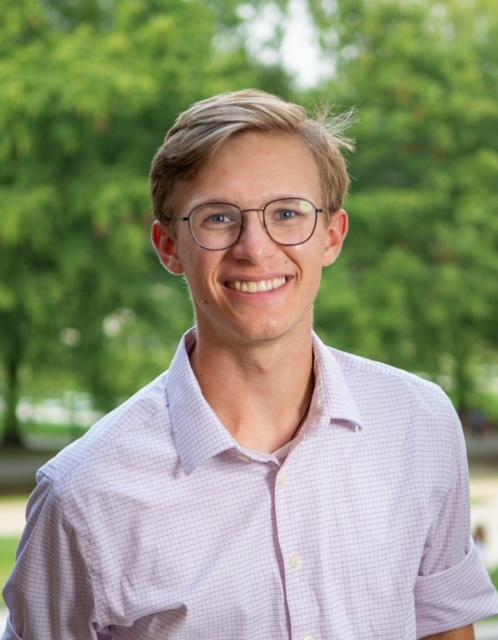
Jack Keane is an economics major at the University of Maryland, College Park working as a CONSERVE intern in the Water Quality, Outreach, and Wellness Lab. His research interests include environmental economics and the intersection between environmental sustainability and human well-being. In the lab, he is working on 3 particular projects involving testing the quality of water from homes, private wells, and farms in the Baltimore area, respectively, for waterborne bacteria. From the CONSERVE/DAWN program, he hopes to gain a better understanding of the research process, working in a laboratory environment, and to broaden his perspective on the problems that researchers try to address in the world.
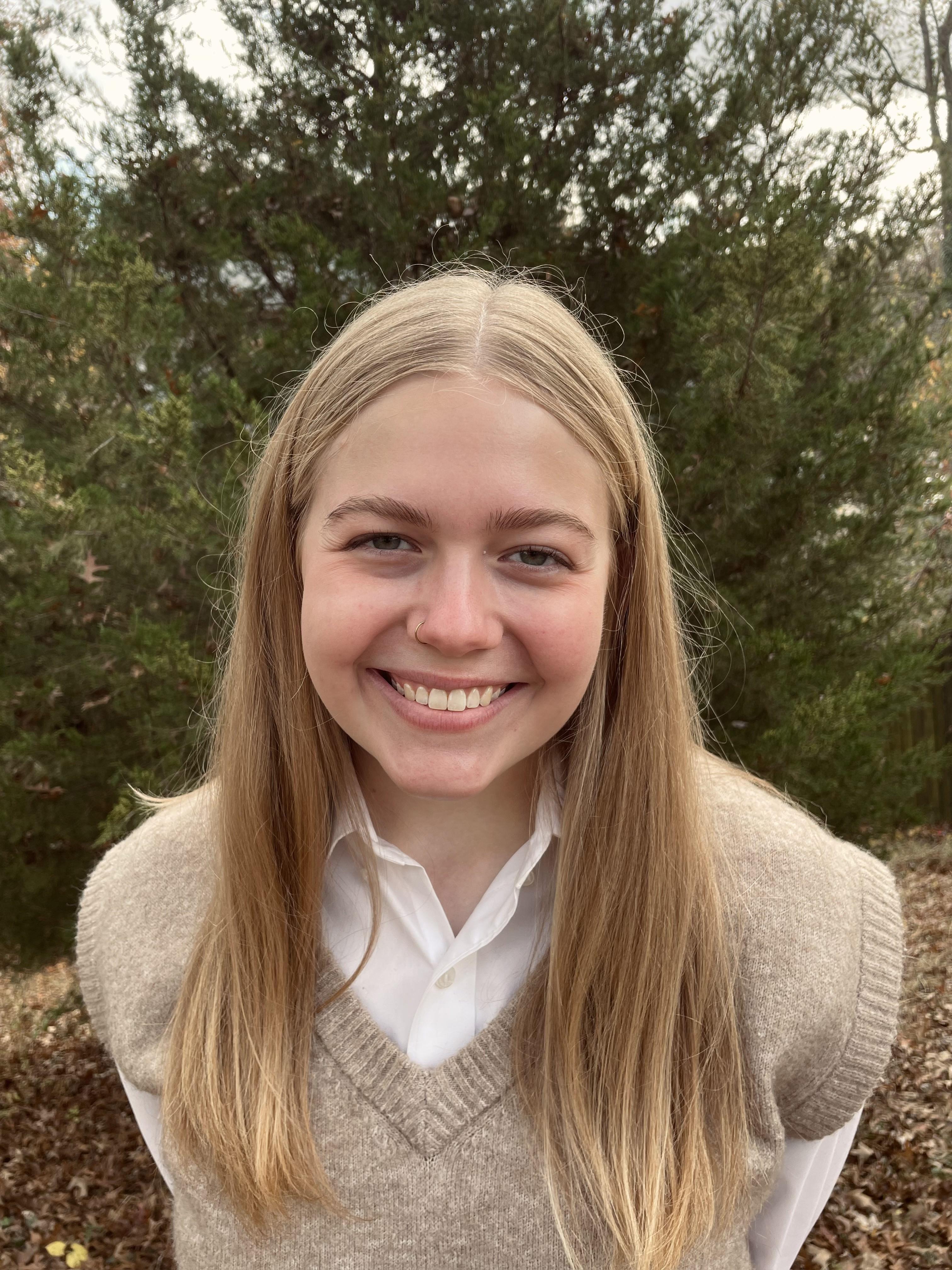
Jenna Kraemer is a senior Microbiology student at the University of Maryland. Her research interests include environmental microbiology which encompass water, soil, plant, and food microbiology. She joined the WOW lab in Spring 2022 to gain more experience and skills with water microbiology and public health.

Ibiyinka Amokeodo is a Second Year PhD Student in Environmental Health Sciences at the University of Maryland. She's also a fellow at the UMD Global Stewards STEM Training at the Nexus of Energy, Water Reuse and Food Systems funded by the National Science Foundation Research Traineeship (NRT). Her research interests include the evaluation of microbial quality of food and vegetables, water quality in food production, and infectious diseases.
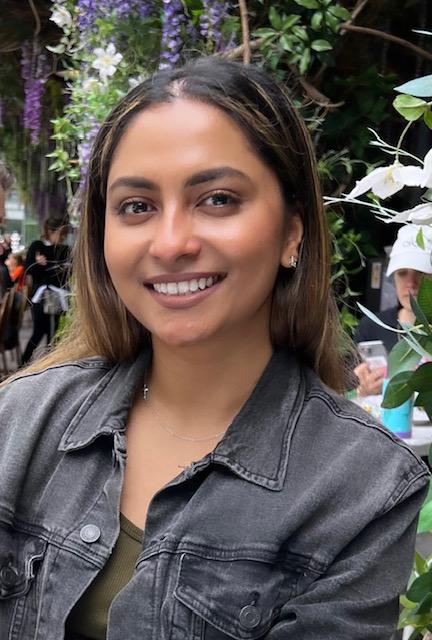
Sylvia Costa is an MPH student with a concentration in Environmental Health Sciences. She is deeply invested in studying various environmental exposures and measuring health outcomes. Her research interests include exposure to toxicants through food consumption as well as exposure to chemical contaminants found in drinking water. In addition to her commitment to the WOW lab, Sylvia is also a Research Assistant conducting a study on Biosafety with the Department of Global, Environmental, and Occupational Health (formerly the Maryland Institute of Applied Environmental Health), in collaboration with Gryphon Scientific, LLC.
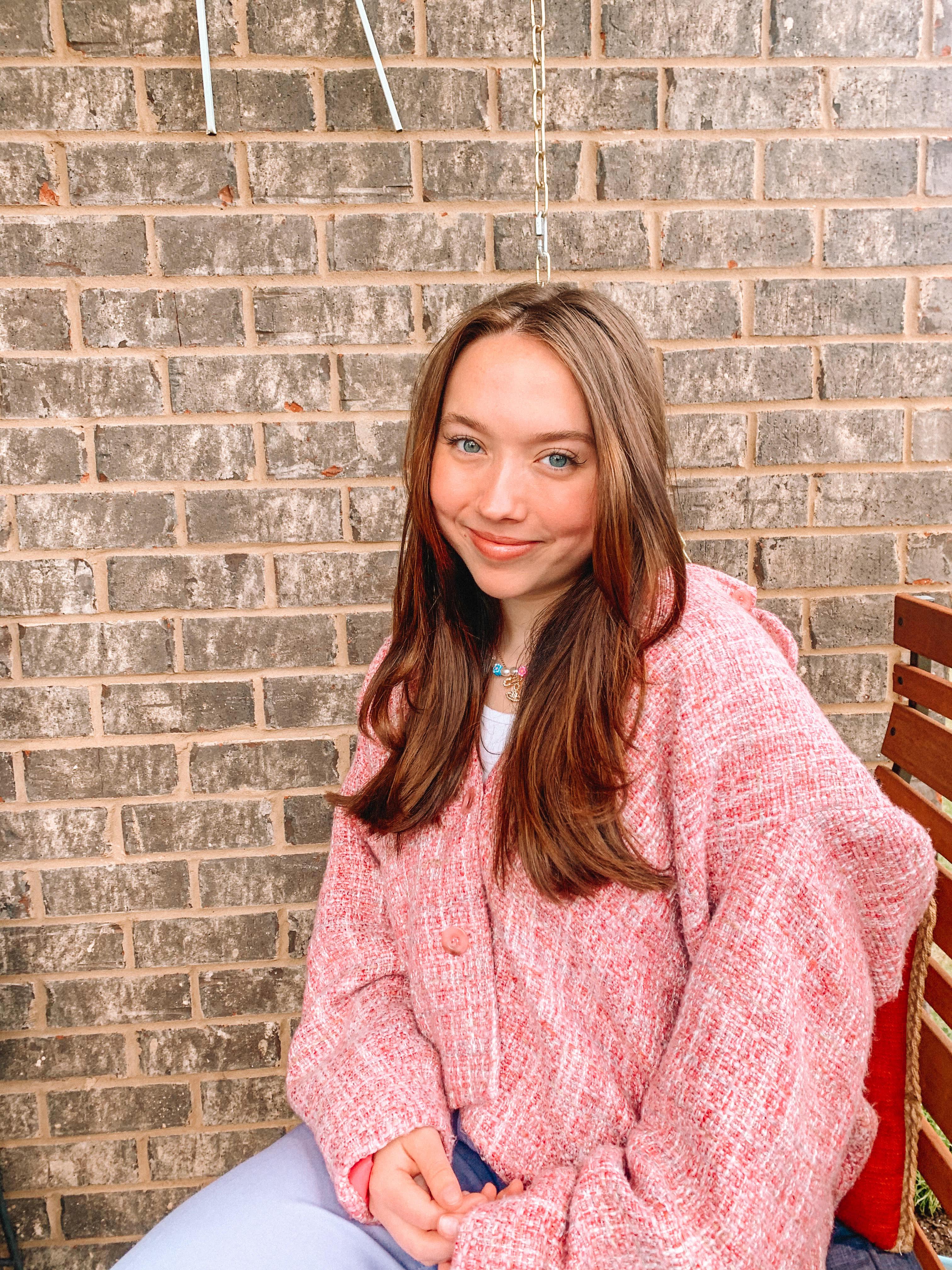
Katelin Rainey is a senior undergraduate student studying psychology. She joined the WOW lab for the summer to connect her background in psychology to public health, specifically how communities can be affected by the state of their water quality. Katelin hopes to pursue a degree in clinical psychology and contribute to research surrounding neuropathology and eating disorders. Participating in the WOW lab this summer has broadened her understanding of the role psychology can play in other disciplines.
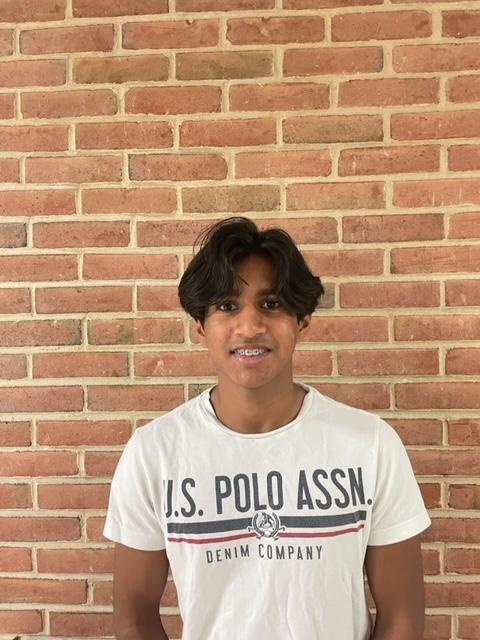
Deepak Menon is a summer intern at the WOW lab and is a rising senior at Poolesville High School in the Global Ecology program. He is interested in exploring all avenues of science and the WOW Lab stood out to him especially because of its ecological significance, which he is passionate about.

Aziz Olson is a graduate of Towson University with a degree in microbiology. His interests include water quality and the prevention of waterborne parasitic infections. He works predominantly with immigrant Latino families and low-income communities and plans to continue his education to better serve those populations.
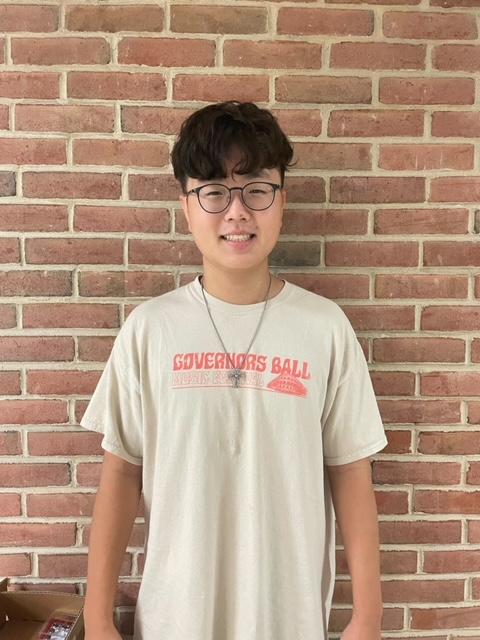
Andrew Kim is a summer intern at the WOW lab and is a rising senior at Poolesville High School in the Global Ecology program. The WOW lab offers Andy a place to explore his academic and career interests. He is particularly interested in repurposing rainwater for agriculture. Andy has gained valuable experience working in the WOW lab and looks forward to its future projects and growth!
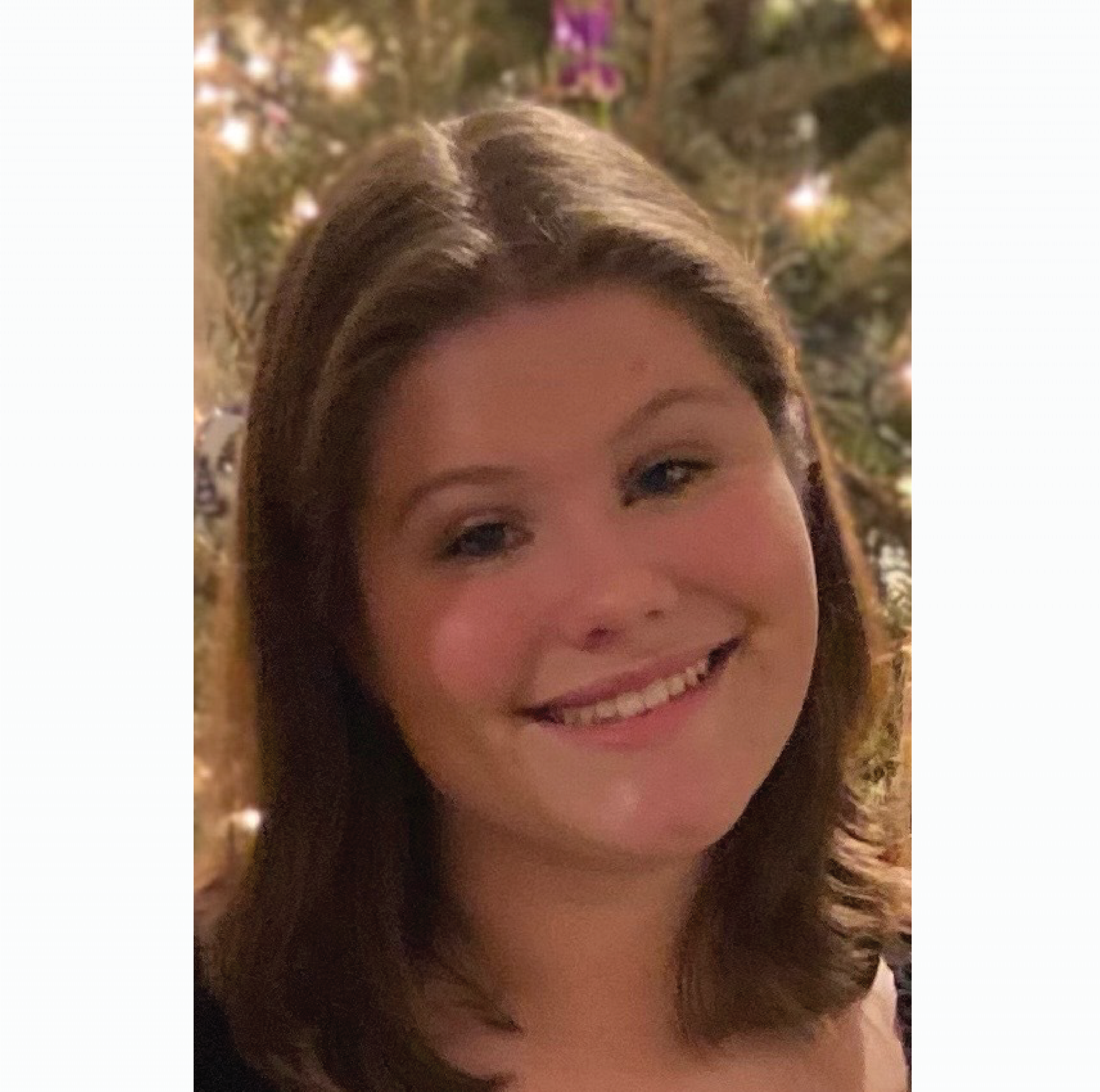
Mya Smith is a Neurobiology and Physiology major looking to enter the field of community or global health.
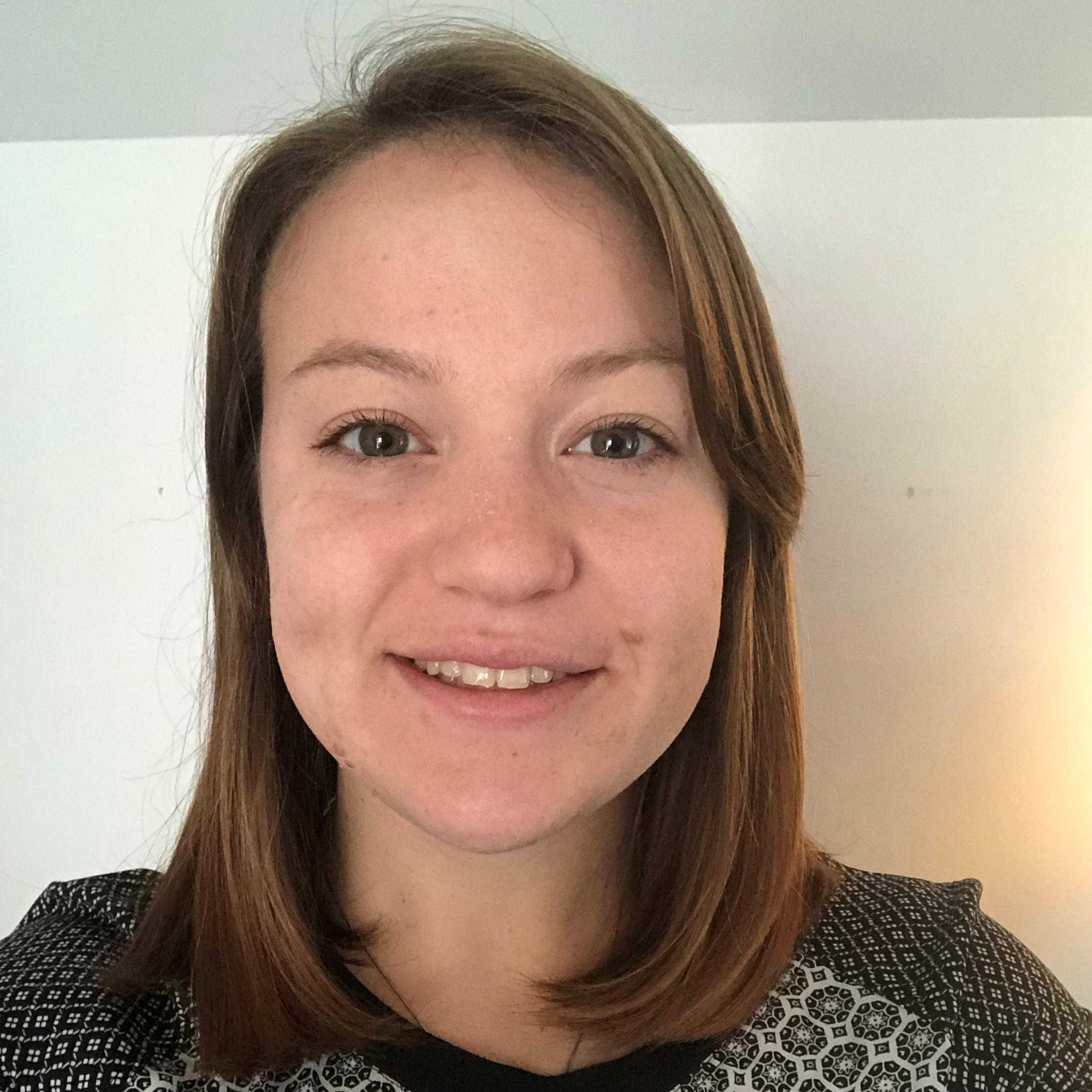
Emily Speierman is pursuing a BS in Civil & Environmental Engineering at UMD. She joined the WOW Lab during the summer of 2021 when Dr. Goldstein was her mentor for the CONSERVE/DAWN internship program. She has specific interests in on-site wastewater treatment systems, the crossover between water treatment and public health, and how to improve the flow of information between scientists/researchers and communities in need.
The WOW lab conducts interdisciplinary research around water - analyzing microbial water quality, the most effective ways to communicate about water quality, and the perceptions and behaviors related to water use. In addition, the WOW lab is exploring the beneficial impacts of urban agriculture and gardening on health and wellness.
We would love you to join us in our exciting research and outreach projects! Please contact Dr. Goldstein at rerosenb@umd.edu if you are an undergraduate, graduate student, or postdoc interested in opportunities.
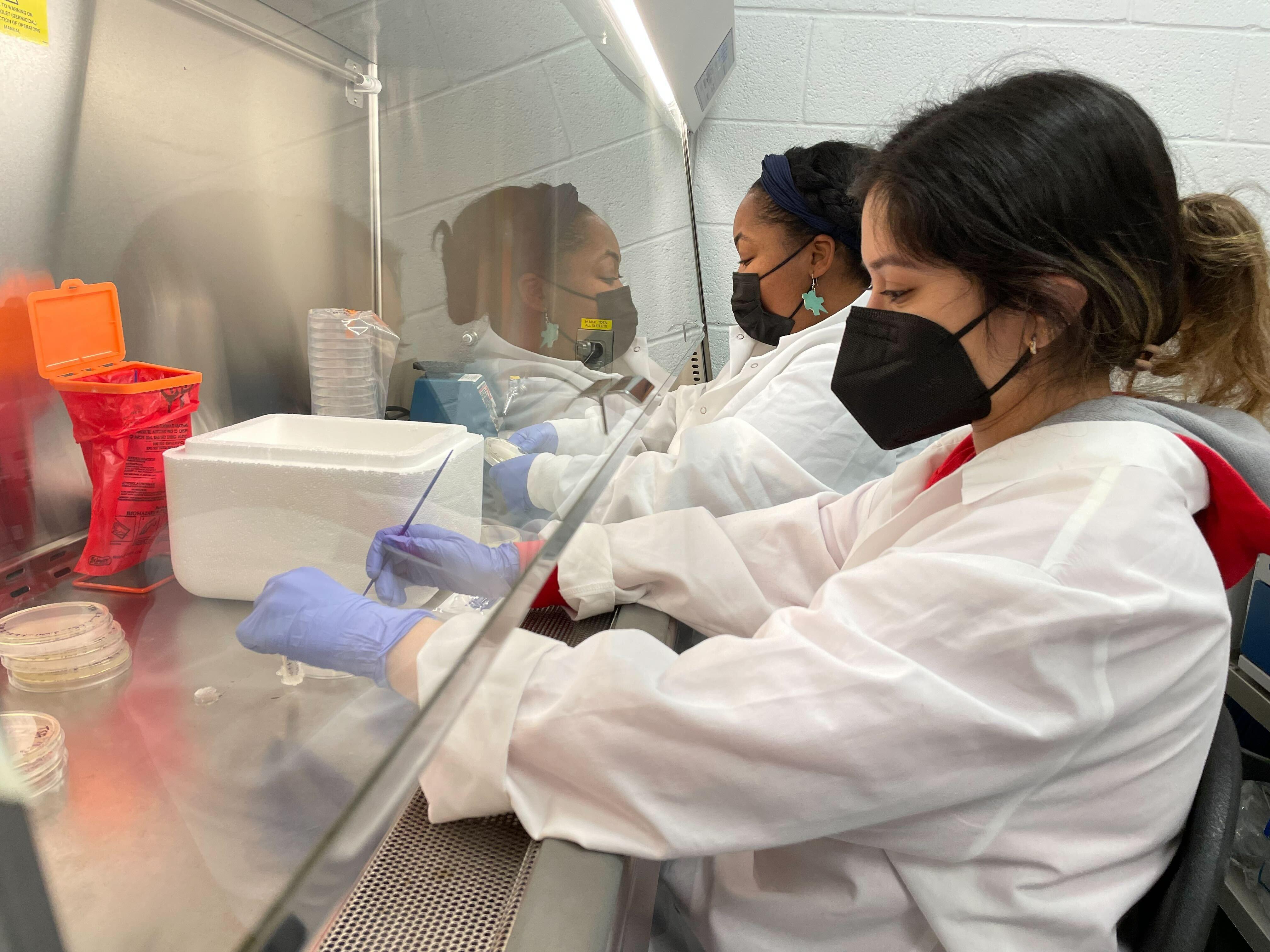
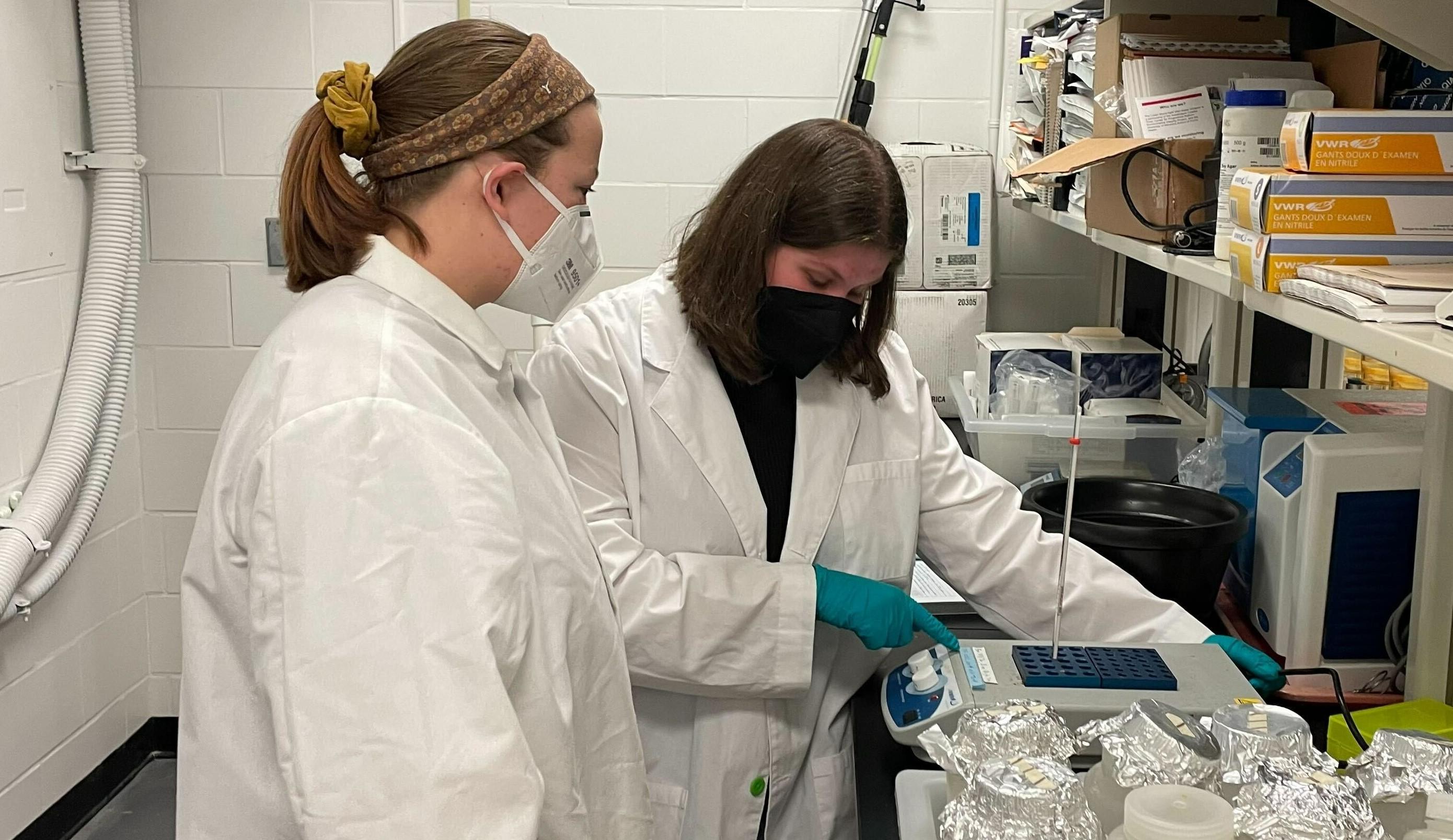
Current Projects:
The Water Emergency Team
Exposure to raw sewage from failing infrastructure can lead to negative health outcomes, distress, and feelings of disenfranchisement, particularly in marginalized urban communities. Sanitary sewer overflows (SSOs), the release of untreated sewage from a municipal sewer system, affect several cities around the world, with as many as 75,000 occurring each year in the U.S. Baltimore experiences frequent SSOs and household basement backups due to aging and failing sewer and stormwater infrastructure. As a result, communities are persistently exposed to raw sewage, likely containing waterborne pathogens and possibly antibiotic-resistant (AR) bacteria. While AR bacteria have been identified in wastewater at wastewater treatment plants, no studies have comprehensively evaluated exposure to these pathogens from SSOs or backups, nor the impact of physical damage to the home and infrastructure on communities. This project addresses these knowledge gaps by proposing to develop a community-driven rapid response Water Emergency Team (WET) to respond to SSOs and backups in underserved African American communities in Baltimore and the surrounding region. WET will complete visual household inspections, conduct residential surveys and interviews about impacts and experiences with these events, collect water and surface swab samples from impacted indoor areas, and analyze samples for AR bacteria, reporting results back to the community. WET will work directly with community organizations and neighborhood associations throughout the project, including translating our research findings into an outreach program with the goal of empowering affected communities and informing local policymakers. Climate change will only continue to stress the U.S.’s crumbling infrastructure, disproportionately impacting marginalized communities exposed to raw sewage. Our team has the expertise, experience, and community partnerships to address these issues, bringing national attention and visibility for the university and communities alike.
Funding:
-
UMD Grand Challenge Team grant
-
NIH Director's New Innovator Award
Read more:
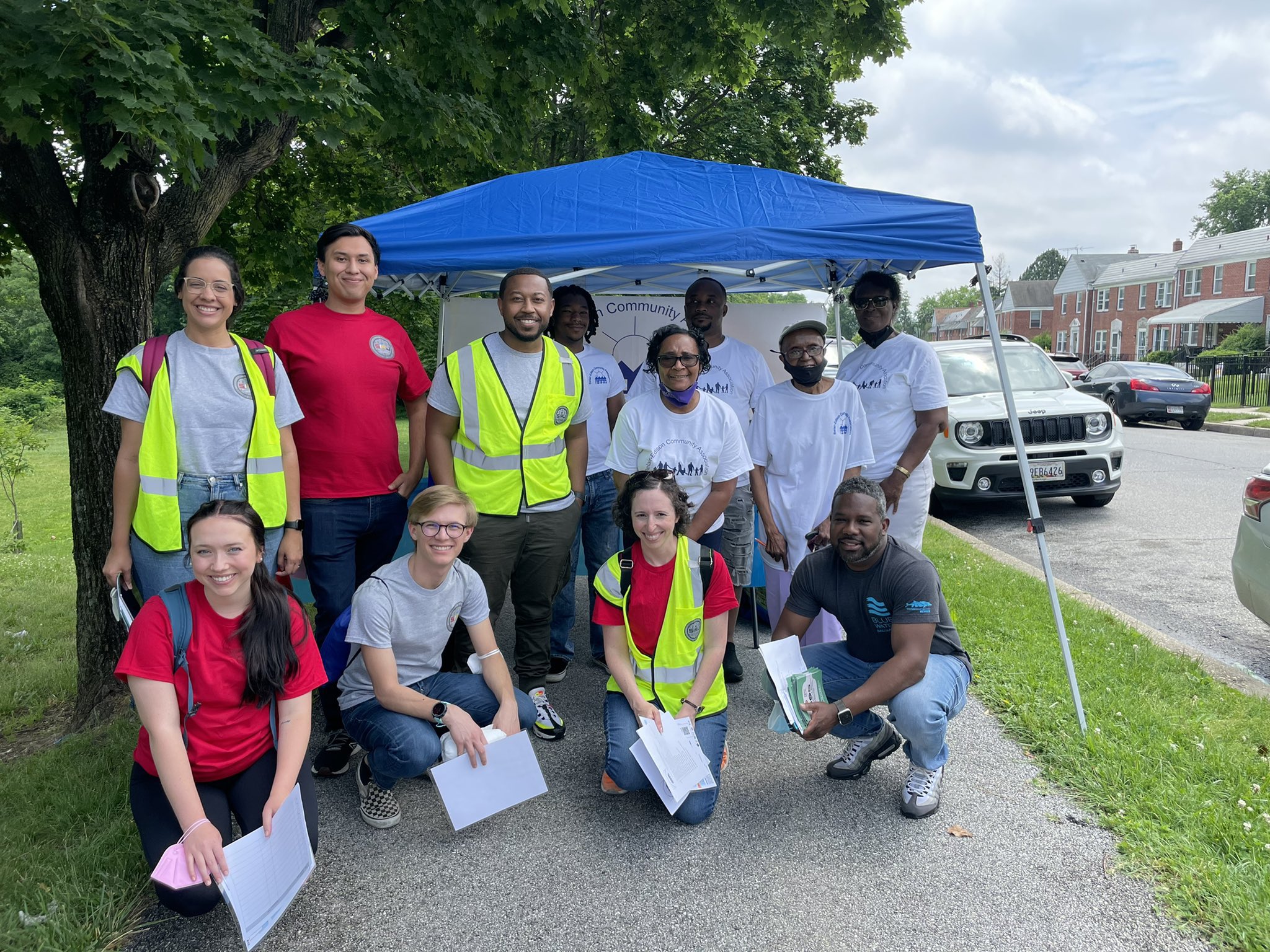
Principal Investigator:
Rachel E. Rosenberg Goldstein, PhD, MPH
USDA CARE PROJECT- Increasing Rainwater Harvesting Adoption Among Urban Farmers: Validating Water Quality, Food Safety, and Lifecycle Benefits
Funder: USDA, NIFA, Agriculture and Food Research Initiative (AFRI) Critical Agriculture Research and Extension (CARE)
Article on project: https://today.umd.edu/how-to-get-urban-farms-flowing-the-right-direction-harvesting-rainwater
Global FEWture Alliance
Climate change, population growth, and urbanization are crippling global food, energy, and water (FEW) systems and harming public health, with low-income communities and people of color bearing the heaviest burdens. There are 1.3 billion people worldwide who are food insecure, 2 billion people who lack access to safe drinking water, and 770 million people who lack access to electricity. These challenges will only grow worse over the next 30 years. To date, solutions addressing these pervasive challenges have often been siloed and inequitable. Initiatives tend to focus on food production, access to water or access to energy technologies, but often fail to take into consideration all three vital resources along with the required capacity building and educational programs necessary to sustain interventions. The Global FEWture Alliance—a UMD-based international alliance—will scale technology-based solutions, community-driven capacity building, and experiential education focused at the food-energy-water-climate-health nexus. Through our holistic, interdisciplinary, systems-based approach, we will alleviate food and water insecurity, protect environmental and global public health, and bolster community resilience in a changing climate. Our integrated, multi-sectoral approach will result in solutions, from local to global scales, that address at least 13 of the 17 United Nations Sustainable Development Goals. Here at UMD, the Global FEWture Alliance will advance all four strategic commitments of the new Strategic Plan: taking on humanity’s grand challenges, investing in people and communities, partnering to advance the common good, and reimagining learning.
Co- Principal Investigator:
Rachel E. Rosenberg Goldstein, PhD, MPH
Read more: https://globalfewture.umd.edu/
Septic to Sewer?: Justice-focused strategies for addressing coastal septic failures under sea-level rise and increased flooding
As rising sea levels increasingly strain septic tank systems used by tens of thousands of Maryland households, a new $1.35 million grant from the U.S. Environmental Protection Agency (EPA) will fund a University of Maryland-led team’s investigation of ways to head off a looming sanitation crisis that could disproportionately harm the state’s Black residents. The multi-institutional project headed by civil and environmental engineering Assistant Professor Allison Reilly includes several other UMD researchers in addition to partners at George Mason University and nonprofits focused on natural resources and environmental justice. UMD team members include biofilms expert Birthe Kjellerup, associate professor of environmental engineering and the A. James Clark School of Engineering’s diversity, equity and inclusion committee chair; Rachel Goldstein, assistant professor in the School of Public Health’s Maryland Institute for Applied Environmental Health; and Andrew Lazur, a water quality specialist with the College of Agriculture and Natural Resources. George Mason coastal hydrologist Celso Ferreira and economists Yanjun “Penny” Liao and Margaret Walls from Resources for the Future, a D.C.-based research institution, round out the team. Each will apply their specific domain of expertise to the interdisciplinary problem; Ferreira, for instance, will examine flooding patterns and how they are likely to evolve over time, while Goldstein will study the particular health risks posed by failing septic systems. The team is also partnering with Southeast Rural Community Assistance Project (SERCAP), which works with lower-income local homeowners to address problems with their homes, including repairing failing septic systems. Jean Holloway, Maryland and Delaware state manager, will represent SERCAP on the project.
Co- Principal Investigator:
Rachel E. Rosenberg Goldstein, PhD, MPH
RRIPER (Rooftop Runoff Irrigation Produce Eaten Raw)
The RRIPER (Rooftop Runoff Irrigation Produce Eaten Raw) program led by Dr. Rachel E. Rosenberg Goldstein in the Maryland Institute of Applied Environmental Health, School of Public Health, University of Maryland seeks to evaluate the quality of harvested rainwater and rooftop runoff used to irrigate produce. Using alternative water sources is increasingly important as we face a global water crisis. It is crucial that every drop of water be used wisely, including water that falls as rain or runs off our roofs. Despite the abundance of rainwater barrels in use in Maryland, gardeners have previously been advised against using harvested rainwater or rooftop runoff to irrigate gardens because of water quality and food safety concerns. However, studies on the microbial and chemical quality of harvested rainwater or rooftop runoff are limited and contradictory.
During the summers of 2018 and 2019, the RRIPER program analyzed rooftop runoff, soil, and produce grown with rooftop runoff for bacterial indicators (total coliforms and E. coli), pathogens (Salmonella and Listeria monocytogenes), and heavy metals (aluminum, cadmium, copper, lead, and zinc) in vegetable raised garden beds using a subsurface irrigation system supplied by rooftop runoff in Frederick, Maryland. While the water quality data of the garden beds at the coalition is still being analyzed, prior research has shown that community gardens with stormwater management systems can increase community wellbeing and protect environmental resources (Tom et al., 2013). The Frederick garden site has shown social benefits of harvesting stormwater runoff, including community engagement and improved access to fresh produce. More detailed information on the Frederick raised vegetable garden beds can be found in the University of Maryland Extension fact sheet “Watering Seeds of Change with Rainwater”. We plan to continue our work to evaluate multiple types of rainwater and rooftop runoff harvesting systems to assess their safety for irrigating fresh produce.
Principal Investigator:
Rachel E. Rosenberg Goldstein, PhD, MPH
Collaborators:
Claire Hudson
Leena Malayil
Suhana Chattopadhyay
Sarah Allard
Manan Sharma
Amy Sapkota
Drew Ferrier
Marcus Williams
Kelsey Brooks
Andy Lazur
Jon Traunfeld
Neith Little
Project Sponsors:
U.S. Department of Agriculture, National Institute of Food and Agriculture through CONSERVE: A Center of Excellence at the Nexus of Sustainable Water Reuse, Food & Health;
University of Maryland, College of Agriculture and Natural Resources Strategic Initiative Implementation Team: Optimize Urban Environments Through Design, Green Technology and Community Engagement
CONSERVE
CONSERVE (COordinating NontraditionalSustainable watER Use in Variable climatEs): A Center of Excellence at the Nexus of Sustainable Water Reuse, Food, and Health’s mission is to facilitate the adoption of transformative on‐farm treatment solutions that enable the safe use of nontraditional irrigation water on food crops. Climate change and population growth are stressing our freshwater resources, requiring the exploration of alternative water sources, including reclaimed water (highly treated municipal wastewater). Finding reliable, safe irrigation water is especially important for farmers as agriculture is the largest water user worldwide and in the US. For water reuse in agriculture to be a viable option, buy-in from farmers is crucial.
As the co-Project Director of Extension for CONSERVE, Dr. Goldstein led a multi-region needs assessment survey among farmers on nontraditional water use opinions and communicated research results to growers, local and state regulators, and other interested parties through multimedia outreach and educational materials as well as through in-person workshops and community events. The CONSERVE Extension team is increasing understanding and acceptance of water reuse in agriculture among non-agricultural communities through outreach and education activities.
Principal Investigator:
Amy R. Sapkota, PhD, MPH
Co-Project Director of Extension:
Rachel E. Rosenberg Goldstein, PhD, MPH
Project Sponsors:
U.S. Department of Agriculture, National Institute of Food and Agriculture
Past Projects:
SARE- Increasing Awareness of Well Drinking Water Quality of the Farming Community in Maryland
Funder: U.S. Department of Agriculture’s Sustainable Agriculture Research and Education program
Principal Investigator: Andrew Lazur - University of Maryland Extension
Co-PI: Rachel E. Rosenberg Goldstein, PhD, MPH
Read more:
https://projects.sare.org/sare_project/one21-397/
https://today.umd.edu/new-umd-well-water-data-suggests-contamination-frequent-on-farms
Chesapeake Bay Trust Project- Building Knowledge Around Harvested Rainwater as an Urban Agriculture Water Source by Offering Water Quality Testing and Multimedia Education in Baltimore City
The goal of this project was to assess harvested rainwater as an urban agriculture water source and build an educational program for urban growers.
Baltimore City Agricultural Irrigation Water Quality Project
The Baltimore City Agricultural Irrigation Water Quality Project is funded by the Chesapeake Bay Trust and Baltimore City Department of Public Works. This innovative Knowledge Building project in Baltimore City has been testing harvested rainwater and other irrigation sources used at community gardens and urban farms in the city from 2020-2022. Additionally, we have created multimedia education and outreach materials about rainwater harvesting in urban agriculture, including an open-access webinar series. Our goals are to 1) address a critical knowledge gap about the safety of harvested rainwater runoff for produce irrigation; 2) increase knowledge about water quality, water conservation, and alternative garden water sources among urban growers, and 3) steadily increase the number of urban growers using this important water source (outcomes).
Principal Investigator:
Rachel E. Rosenberg Goldstein, PhD, MPH
Collaborators:
Andrew Lazur
Marcus Williams
Kelsey Brooks
Project Sponsors:
Chesapeake Bay Trust
Baltimore City Department of Public Works
Moving Beyond the “Yuck Factor”: Measuring brain responses to water reuse terms and determining if natural environmental images change responses
Water reuse (the beneficial use of reclaimed water) is becoming increasingly necessary as climate change and population growth stress freshwater resources. While government agencies, scientists, and the water industry have recognized the importance of water reuse, a commonly cited barrier is consumers’ negative perceptions - the ‘yuck factor’. There is an urgent need to determine how to increase public acceptance of water reuse. Education could be instrumental for changing perceptions, but to date there has been a lack of outcome studies on the effectiveness of water reuse education.
This study’s goal is to improve acceptability of water reuse by determining if educational videos modulate perceptions of water reuse terms. We are measuring changes in neural activity in response to multiple categories of water reuse terms pre- and post-exposure to water reuse education videos using electroencephalogram (EEG). The results from this study can validate and increase the effectiveness of water reuse education materials using objective neurocognitive measures. The integration of psychology into water resource educational efforts will aid targeted education campaigns which will impact communication, acceptance, and policy.
Principal Investigators:
Rachel E. Rosenberg Goldstein, PhD, MPH
Edward Bernat, PhD
Project Sponsor:
Brain and Behavior Initiative (BBI) at the University of Maryland (UMD)
RANG (Reducing Anxiety with Nature and Gardening)
The COVID-19 (coronavirus) pandemic and resulting stay-at-home orders have resulted in increased levels of anxiety and stress. There have been several news articles written about the increase in seed sales and the benefits of gardening, however there have been limited scientific studies about if gardening and reduced anxiety are significantly associated. We have developed a survey to determine the increase in gardening during the COVID-19 pandemic and if gardening is associated with reduced stress and anxiety. The results of this survey will be used by University of Maryland Extension (UME) educators in addressing and directing future educational programming and resource development for existing and beginning gardeners.
This survey is open to all individuals who are at least 18 years old and located in the United States. It is estimated that the survey will take 10 minutes or less to complete. The survey is anonymous and does not contain questions that may personally identify you. Please complete the survey only once. The survey will be open until June 1, 2021. Thank you for helping us identify ways to reduce stress and provide gardening information.
Principal Investigator:
Rachel E. Rosenberg Goldstein, PhD, MPH
Collaborators:
Marcus Williams
Naomi Sachs, PhD
Jennifer D. Roberts, Dr.PH, MPH
Healthy Garden, Healthy You
Mental health and food insecurity are two of the greatest public health challenges facing our nation. Gardening is a means to provide nutritious food, and a growing body of literature has identified the mental health benefits of gardening, including mood improvement, reduced anxiety, and trauma recovery. Racial and ethnic minority communities, including those in local Prince George's County and Baltimore City, MD are disproportionately impacted by poverty, mental health problems, and limited access to healthy food. Through this project we will create virtual toolkits, host a webinar, and develop fact sheets to share information with local, underserved urban communities about the mental and physical health benefits of gardening. Urban gardening will be further promoted by teaching community members how to start their own urban gardens and equipping them with garden starter kits.
Principal Investigator:
Rachel E. Rosenberg Goldstein, PhD, MPH
Co-Principal Investigator:
Jon Traunfeld, M.Agr.
Student Collaborators:
Emmie Healey, PhD Student
Cameron Smith, MS Student
Project Sponsor:
Network of the National Library of Medicine (NNLM)
- On February 16, WOW Lab Director, Dr. Rachel Rosenberg Goldstein (PI) was awarded a University of Maryland Grand Challenge Team Project Grant (https://research.umd.edu/wet) with her collaborator Dr. Marccus Hendricks (PI) for their Water Emergency Team project. Read more at Maryland Today: https://today.umd.edu/30m-in-grand-challenges-grants-awarded
- On February 28, Maryland Today highlighted a new EPA-funded project on septic system failures, climate change, and environmental justice that WOW lab Director, Dr. Rachel Rosenberg Goldstein is a Co-PI. The project is led by Civil and Environmental Engineering Assistant Professor Allison Reilly. Article link: https://today.umd.edu/1-35m-grant-to-fund-umd-led-teams-study-of-climate-change-and-septic-tank-failure
- The Network of the National Library of Medicine (NNLM) Region 1 released a podcast on February 8 featuring WOW Lab Director, Dr. Rachel Rosenberg Goldstein's Healthy Garden, Healthy You project: https://www.nnlm.gov/podcast/healthy-garden-healthy-you-a-story-from-region-1
- On Nov. 1, WOW Lab Director, Dr. Rachel Rosenberg Goldstein was featured on the Agrifood Safety Produce Bites Michigan On-Farm Produce Safety podcast in an episode titled "Safety of Rainwater for Irrigation" https://podcasts.apple.com/ca/podcast/safety-of-rainwater-for-irrigation/id1504475674?i=1000584662349
- Feb. 2: Dr. Goldstein presented "Putting the WOW (Water Quality, Outreach, and Wellness) into Water Quality Research" at the University of Maryland's Department of Civil & Environmental Engineering. The presentation will take place at 1pm in Martin Hall.
- Jan. 31: Dr. Goldstein presented with SIRJ lab collaborator Dr. Priscila Alves on their Sanitary Sewer Overflow (SSO) project at the Research/Practice Forum #2: Societal Big Challenges: Equitable Communities hosted by the School of Architecture, Planning, & Preservation and School of Public Health. Their presentation is titled "Combining Environmental Health Assessments with Infrastructure Planning and Participatory Research to Evaluate Risks from Sanitary Sewer Overflows and Basement Backups". See more details at: https://arch.umd.edu/events/researchpractice-forum-2-societal-big-challenges-equitable-communities
- On April 22, 2022 the article "Reducing Anxiety with Nature and Gardening (RANG): Evaluating the Impacts of Gardening and Outdoor Activities on Anxiety among U.S. Adults during the COVID-19 Pandemic" was published in the International Journal of Environmental Research and Public Health: https://www.mdpi.com/1660-4601/19/9/512
- At the AWRA Annual National Capital Region Water Resources Symposium conference at UDC on April 8, 2022, Emily Healey won 2nd place for her poster about evaluating indicator and heavy metal presence concentration in irrigation water on urban farms in Baltimore City, MD.
- At UMD School of Public Health's Public Health Research Day, Cameron Smith's poster titled "Baltimore City Irrigation Water Quality: Current Use and Needs from Baltimore City Farmers and Gardeners" won 1st place in the Masters Students category.
- On December 21, 2022, the article https://pubmed.ncbi.nlm.nih.gov/34863989/ was published online in Environmental Research.
- A November 2nd Diamondback article, "UMD professor awarded $20k grant for research on gardening, mental health", highlighted Dr. Goldstein's intentions to share the mental health and food security benefits of gardening with local communities.
- In the "Happy & Well" webinar on October 21, 2021, Dr. Goldstein presented the RANG study results, discussing how gardening and outdoor, nature-based activities support happiness and wellbeing.
- Dr. Goldstein's recent receival of the Health Information Outreach Award from the Network of the National Library of Medicine (NNLM) Region 1 and her intention to study the mental and physical health benefits of urban agriculture were highlighted in the article "Healthy Garden, Healthy You", published on SPH's website on October 11, 2021.
- Dr. Goldstein discussed the RANG study results in the webinar "Energize Your Mind, Boost Your Spirit" on September 20, 2021, highlighting the mental health benefits of participating in outdoor, nature-based activities.
- Prescott College's Food Systems Friday series on May 21, 2021 featured CONSERVE members' presentation, "Every Drop Counts: Agricultural Water Reuse Advances from the CONSERVE Center".
- On March 29, 2021 Home101 hosted the webinar "Improving Your Home and Health Through Gardening" in which Dr. Goldstein presented the RANG survey results and their implications for the mental health benefits of gardening.
- Our gardening and mental health survey was featured in the Baltimore Sun article "Pandemic growth spurt: Interest in gardening still trends upwards in Baltimore County" published on April 26, 2021.
- The Replate Blog featured the RRIPER project's accomplishments and future plans in a post titled "You Can't Rain Enough On This Parade" on April 19, 2021.
- The article "Urban Agriculture Combats Food Insecurity, Builds Community" was published by EOS in January 2021 and highlights the work done by the RRIPER project.
- Our survey on gardening and outdoor activities as stress management techniques was highlighted in the Maryland Today article "Digging Into Gardening Trends" on September 3, 2020.
- An article exploring farmers' preferences for education and outreach related to nontraditional water use was published in JEMA.
- On December 4, 2019 we held the first in a series of Maryland grower water reuse workshops. The Maryland Independent news outlet published an article about the successful workshop titled "Farmers, ag experts explore opportunities for reclaimed water."
- The RRIPER project was selected as a recipient of the Interdisciplinary Projects for Community Resilience in Urban and Peri-urban Environments Seed Grant from the College of Agriculture and Natural Resources Strategic Initiative Implementation Team: Optimize Urban Environments Through Design, Green Technology and Community Engagement.
